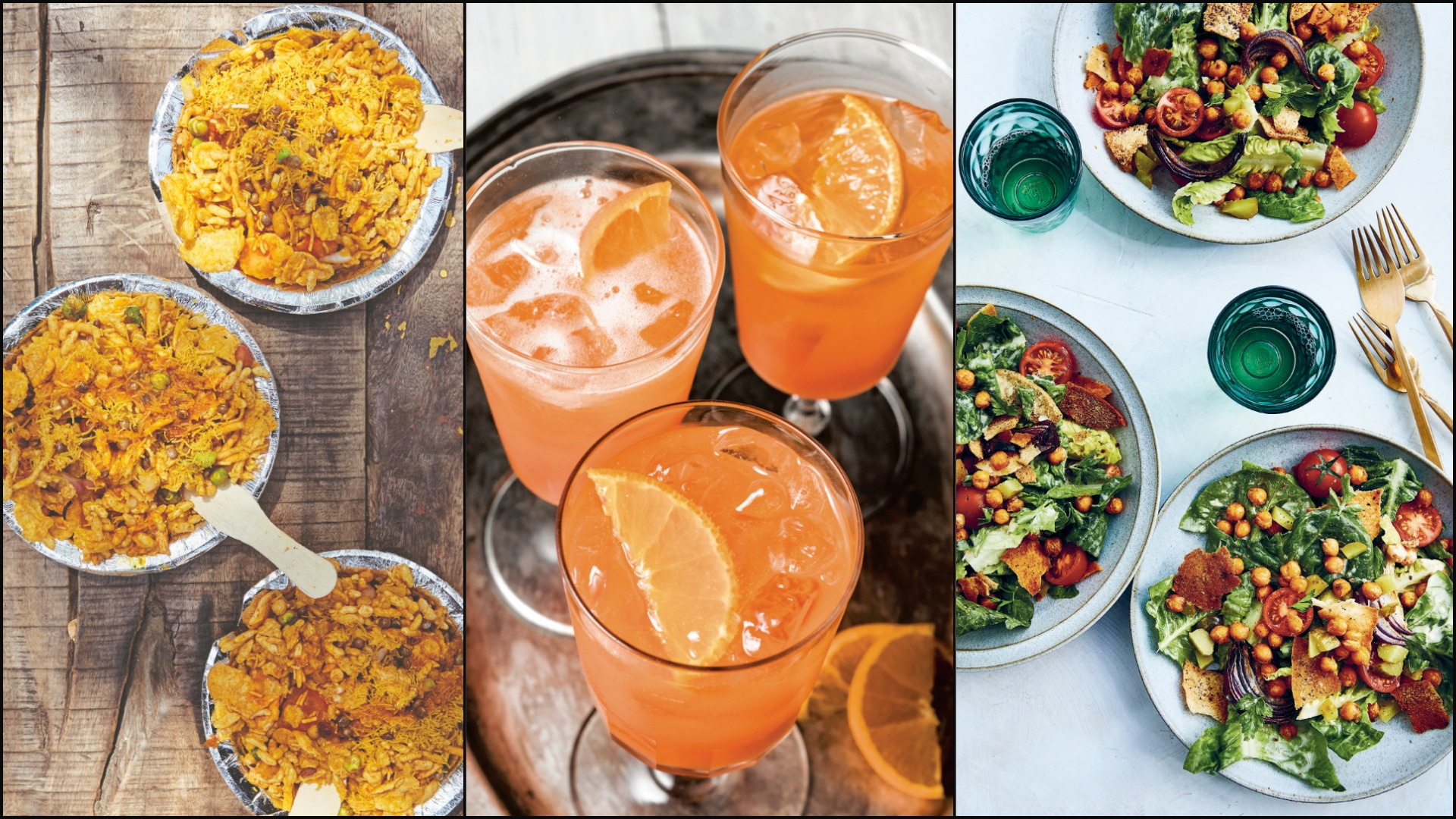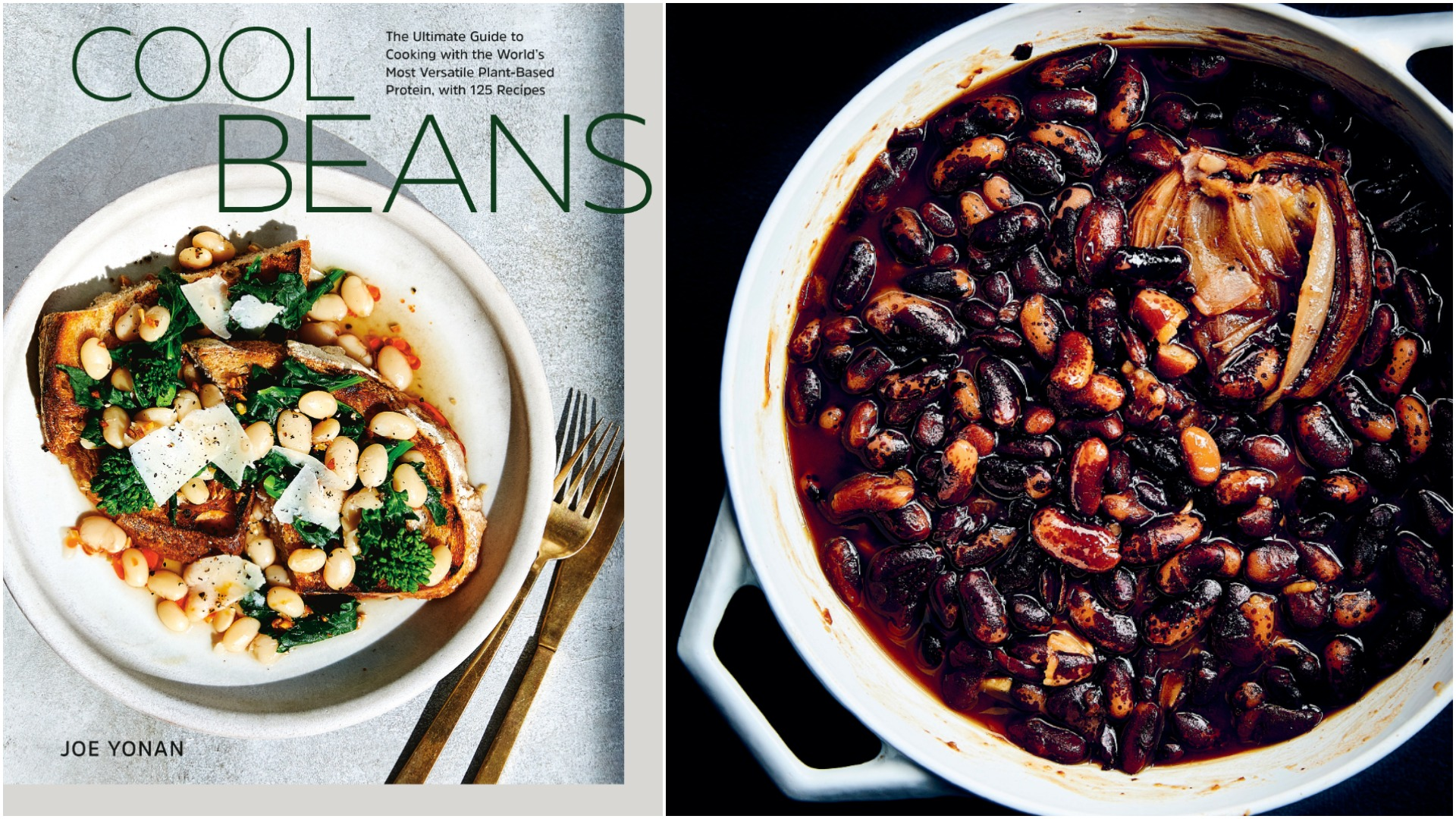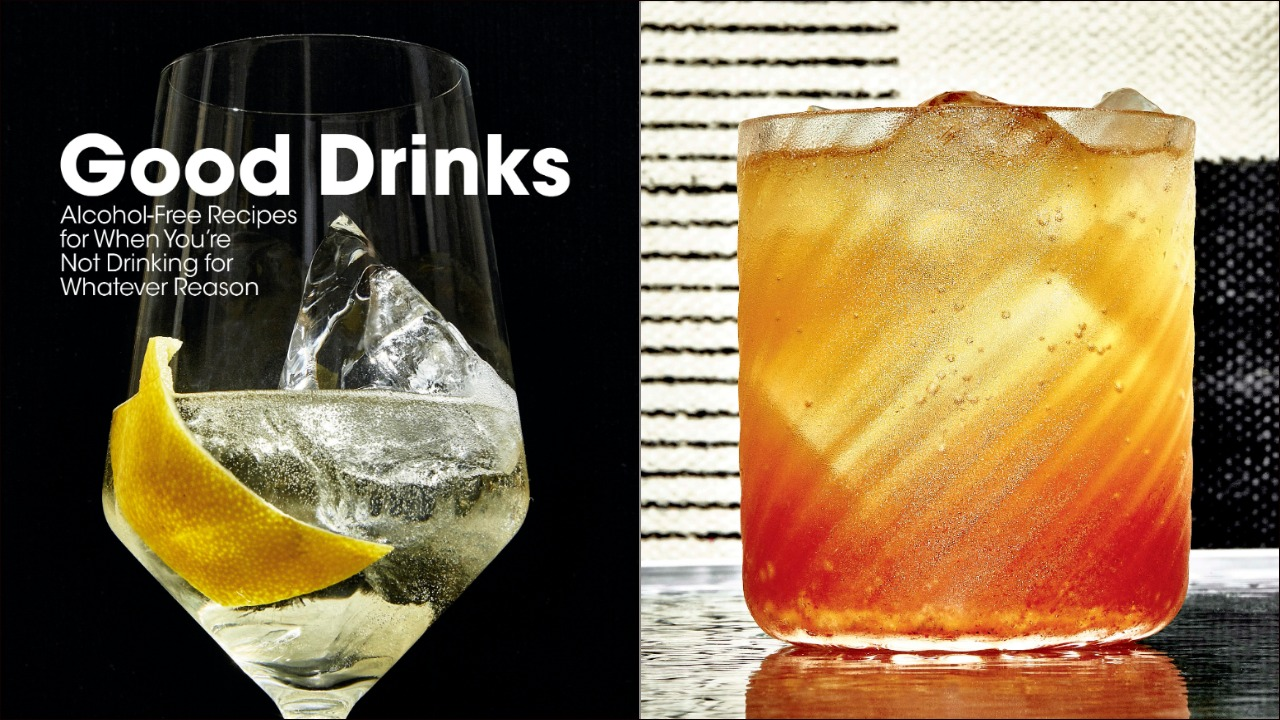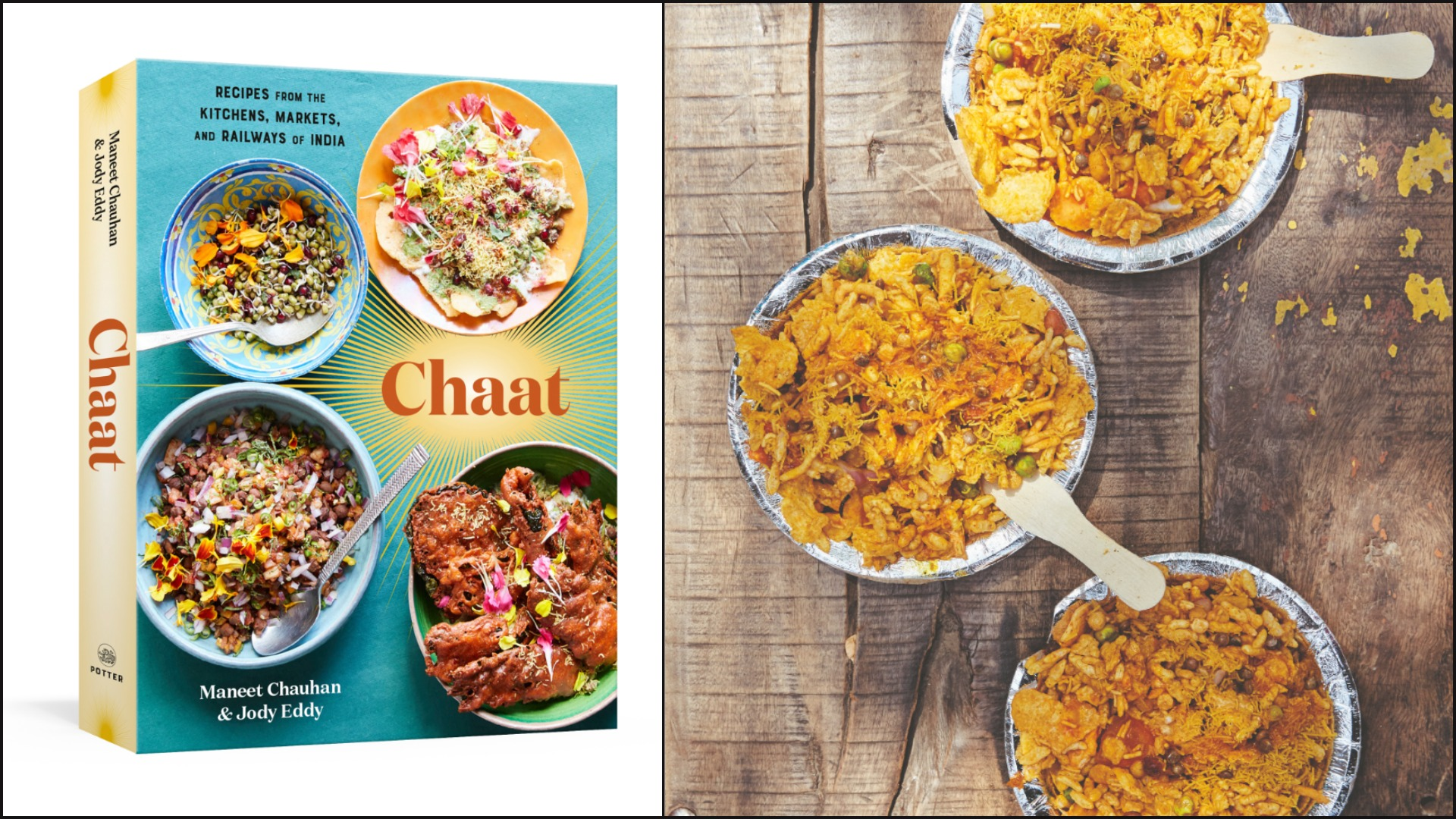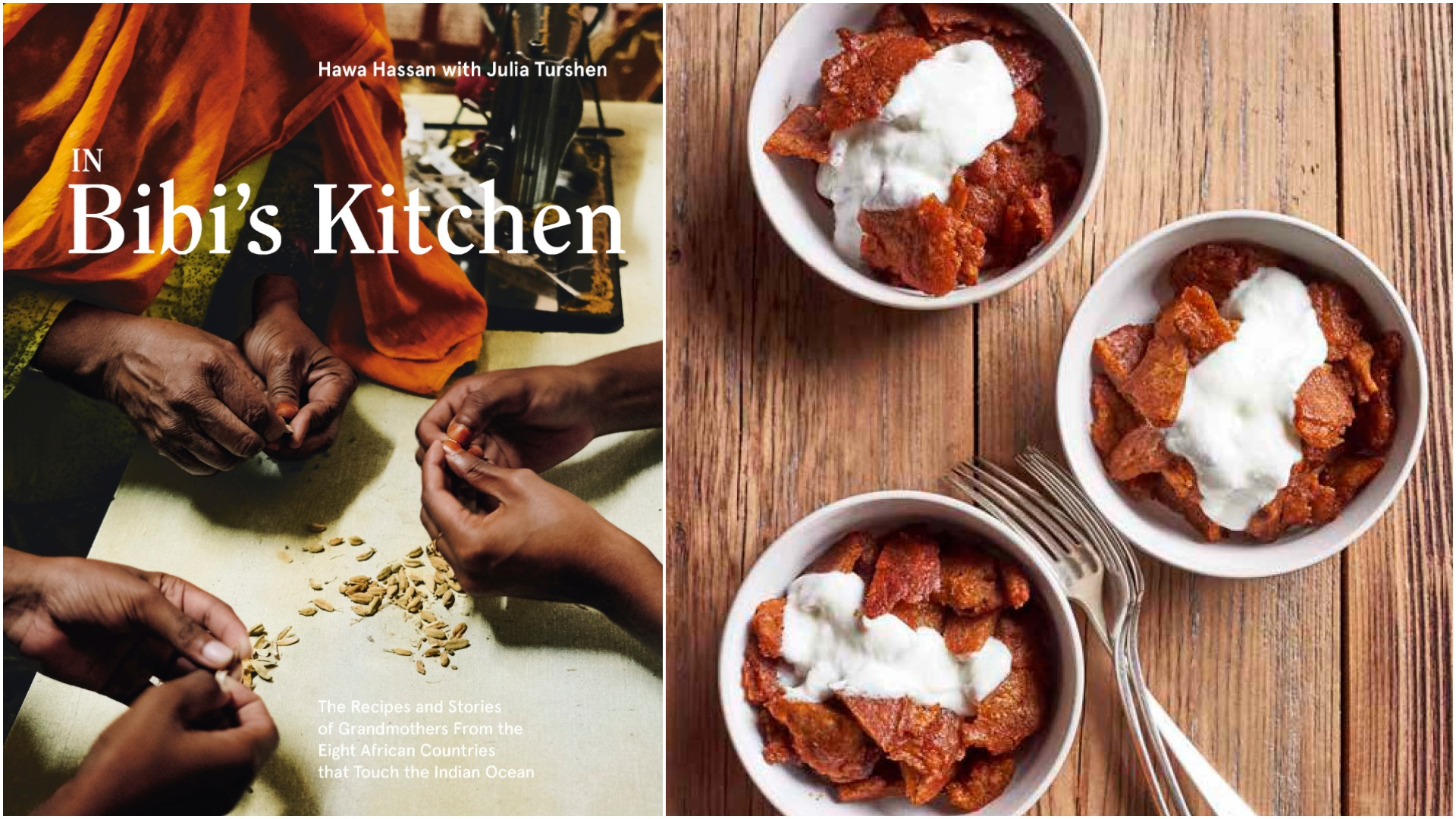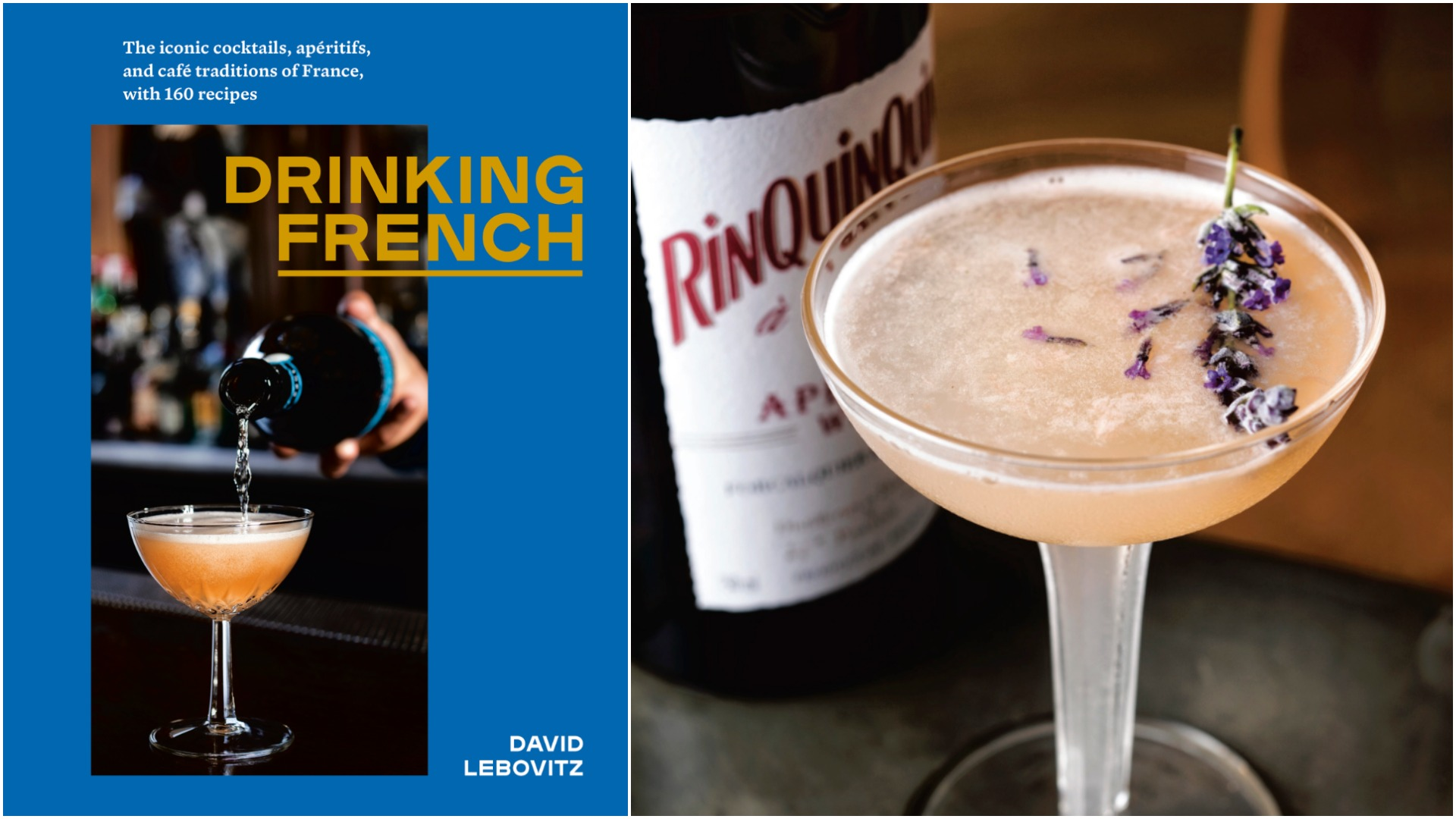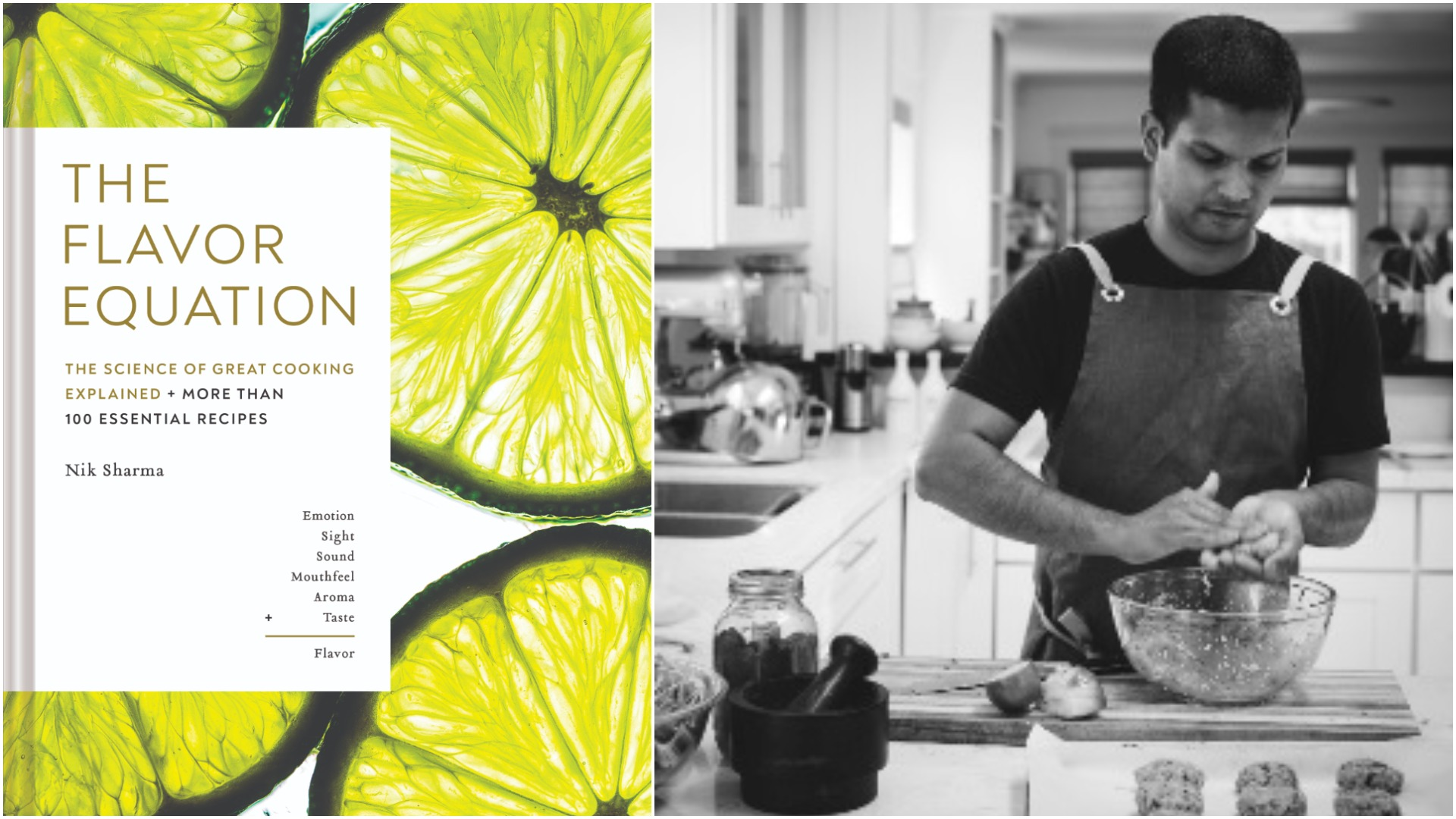Our Favorite Cookbooks Of 2020
We may receive a commission on purchases made from links.
It's been a hell of a year and many people have found themselves in the kitchen more than ever before, both because they're socially distancing and because it's often more economical to cook than to eat out. Thankfully, 2020 has also proven to be a surprisingly great year for cookbooks, and if you're the type of inquisitive chef looking for new volumes to dig into then you've got a wide array of options.
In fact, so many great books debuted this year that it's sort of impossible to say which ones were "best." So, instead, let's just say that this list represents some of The Takeout's favorite cookbooks of 2020. These volumes don't just explain how to prepare a wide range of delicious dishes; they're also well-written, (generally) easy to use, ambitious in scope, beautifully photographed, and worthy of adding to a permanent cookbook collection.
Cool Beans by Joe Yonan
As we've written about before, there's a lot to love about this almost spookily well-timed book from The Washington Post's food and dining editor Joe Yonan. Not only does Cool Beans tap into America's pandemic fascination with legumes (which in large part can be credited to the patient, enthusiastic ministrations of Rancho Gordo's owner Steve Sando), it's also a fun, well-written, nicely designed cookbook suitable for cooks of all skill levels. This isn't just a book of bean stews either; Yonan's book is global in scope and provides a truly impressive array of detailed (but not fussy) recipes which use beans in all sorts of ways, including dips, pizza, pasta, burgers, and many other options as well. If you have any interest in beans at all—or have wondered why the food world seems to be going crazy for them—you're going to love this.
Good Drinks by Julia Bainbridge
Writer, author, and podcast host Julia Brainbridge's new book on alcohol-free cocktails, Good Drinks, is a godsend for anyone who—for whatever reason— doesn't want to drink, but also doesn't want to be forced to settle for some lame substitute. And, to quote the author, these aren't "syrup-laden juices or glorified Shirley Temples." Bainbridge sourced her recipes from accomplished bartenders across the country, including from spots like Chicago's Lost Lake, and that expertise is evident in the wide range of flavors, textures, and ingredients that her recipes offer. If you have an interest in cocktails but don't want the booze, this is a great choice.
Chaat by Maneet Chauhan and Jody Eddy
Chef Maneet Chauhan and writer Jody Eddy's newly released book, Chaat, is dedicated to the enormously broad array of street foods sold in India in markets, train stations, and on street corners. Chauhan and Eddy (and their photographer, Linda Xiao) have really accomplished something tremendous with this book, which is stuffed to the gills with incredible looking recipes, photographs, and explanations of India's many street foods. The scope of the book is itself impressive: India is an enormous country that's home to over a billion people, multiple religions, and an assortment of climates. In popular food media, Indian fare is often discussed as if it's just one homogenous cuisine, with certain regions being more heavily promoted than others. Chauhan and Eddy take the opposite approach, breaking their book down by both geographical region and city in order to do justice to the diversity of culture and cuisine within India as a whole.
In Bibi’s Kitchen by Hawa Hassan with Julia Turshen
No one cooks quite like grandma, but, unfortunately, it's not often that the media promotes the cooking of grandmas from countries that aren't in Europe. Somali chef Hawa Hassan, along with writer Julia Turshen, tackles that head-on in the wonderful cookbook In Bibi's Kitchen, which introduces us to a selection of endearing grannies from eight different east African countries, all of which touch the Indian Ocean. What's so great about this book—beyond the fact that the grandmas themselves are front and center—is that the recipes are straightforward, generally don't require a specialized pantry (beyond a selection of spices), and tell a story of culture, immigration, and colonialism. While on one page you'll find a recipe for Eritrean doro wat (stewed chicken legs with berbere spices and eggs), later in the book lies instructions from Tanzanian grandmother Ma Vicky for what is essentially an Italian-American lasagna, a dish which speaks to the fact that East Africa was heavily colonized by Italy, and that Ma Vicky lives in the United States (and enjoys lasagna). It's a beautiful book highlighting a part of Africa not often written about in U.S. cookbooks, and it's worth your time.
Drinking French by David Lebovitz
Author, chef, and food blogger David Lebovitz's ninth book, Drinking French, is dedicated to that most beloved of French pastimes: alcohol consumption. This isn't your typical thin, hastily thrown together cocktail book either. Lebovitz's book clocks in at just under 300 pages and includes not only dozens and dozens of recipes but also explanations of a host of French spirits, liqueurs, and infusions. And, just to round things out, there's also a chapter dedicated to French drinking snacks, which range in complexity from rosemary bar nuts to duck rillettes. It's a great book filled with fantastic recipes and spirited investigations, and a must for anyone interested in French drinking culture.
The Flavor Equation by Nik Sharma
Author, photographer, blogger, and former molecular biologist Nik Sharma has been getting an enormous amount of media attention for The Flavor Equation, and it's definitely deserved. This book, Sharma's second, is a hugely ambitious (and successful!) project that finds him using food science to explain how all aspects of the sensory experience influence how things taste, including factors like sound and color. While a good portion of the book is dedicated to Sharma's excellent recipes and photos, his rigorous, evidence-based explanations of how and why things taste the way they do are in themselves a justification for adding this to your collection. If you're into food science, but don't want to sacrifice the food for the science, you'll love this.
